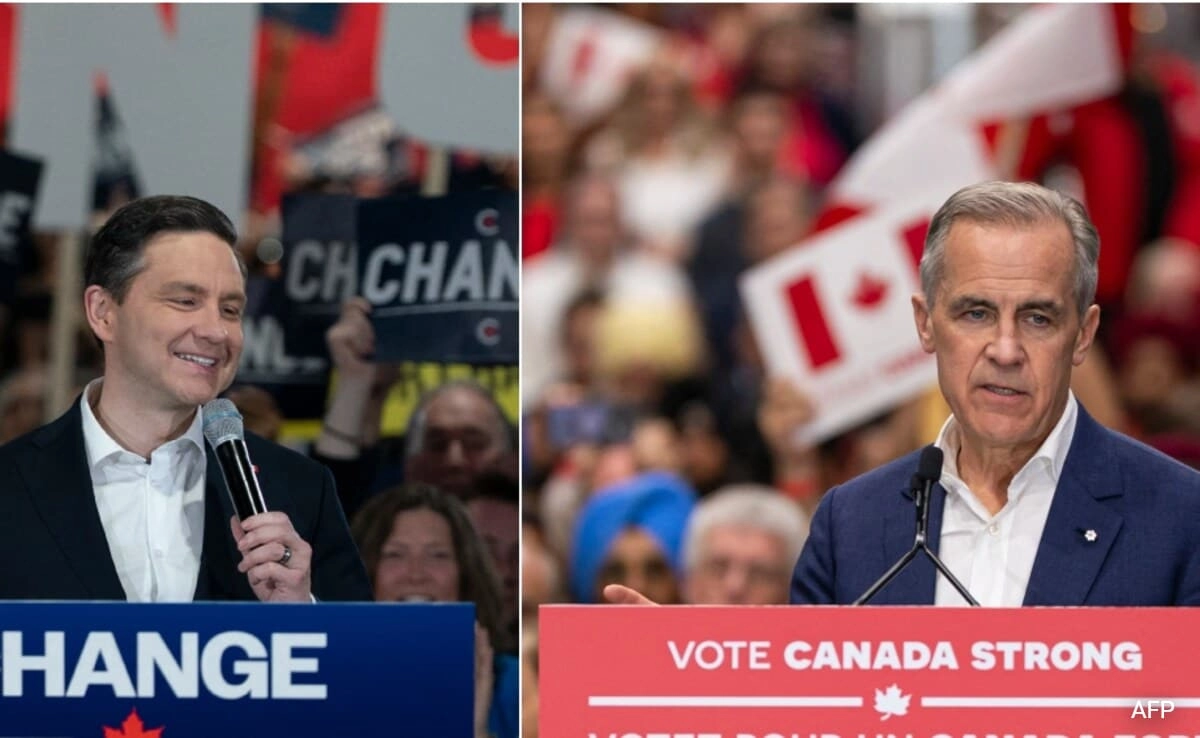As the clock ticks down to the conclusion of the 2025 Canadian federal election, the atmosphere is charged with anticipation. Polls across the country have begun to close, marking a pivotal moment in the democratic process as Canadians cast their votes to determine who will lead the nation in the years ahead. This election holds particular significance, as the winner will not only shape domestic policy but will also play a crucial role in navigating Canada’s relationship with the United States, especially in light of the prospect of Donald Trump potentially returning to the Oval Office.
Voter turnout has been robust, reflecting the high stakes of this election. Canadians are not just choosing a Prime Minister; they are expressing their views on key issues such as climate change, healthcare, and economic recovery in the post-pandemic landscape. The candidates have focused on contrasting visions for the future, with debates highlighting differing approaches to governance and policy-making. As results begin to trickle in, analysts are closely monitoring swing ridings that could tip the balance in favor of either the incumbent party or the opposition.
The implications of this election extend beyond Canada’s borders. With Trump’s previous administration marked by significant policy shifts and a challenging relationship with Canada, many voters are keenly aware that their choice could influence bilateral relations for years to come. The Canadian electorate is keen on ensuring that their next leader can effectively advocate for Canadian interests while maintaining a constructive dialogue with the U.S. As the first results come in, the nation braces for what could be a transformative moment in its political landscape, with the potential to redefine Canada’s role on the global stage. As we await the final outcomes, one thing is clear: the voters have spoken, and their decision will resonate far beyond the borders of Canada.




